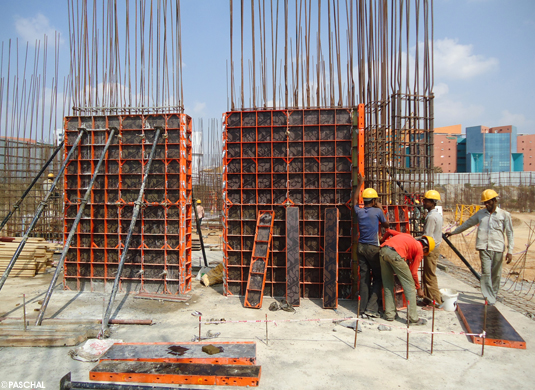5 Common Mistakes to Avoid When Deploying a Smart Contract
Smart contracts are the backbone of the decentralized revolution, enabling secure and automated agreements on blockchains. However, smart contract deployment is a critical step that requires careful planning and execution. Even a minor error in the code can lead to significant financial losses and reputational damage. In this article, we’ll explore five common mistakes to avoid during smart contract deployment, ensuring a smooth and successful launch.
1. Skipping Thorough Testing
Just like any software application, smart contracts demand rigorous testing before deployment. This multifaceted process involves unit testing, integration testing, and security audits.
-
Unit testing isolates individual functions within the contract, verifying their behavior under various scenarios.
-
Integration testing ensures the contract interacts flawlessly with other components in the system, such as external oracles or other smart contracts.
-
Security audits are conducted by experienced professionals who meticulously examine the code for vulnerabilities like reentrancy attacks and integer overflows.
By neglecting thorough testing, developers risk deploying a contract with bugs that could be exploited by malicious actors. Web3 Career offers comprehensive smart contract testing services, leveraging a team of blockchain security experts to identify and eliminate potential weaknesses before deployment.
2. Inadequate Gas Fee Estimation
Gas fees are essential for executing transactions on a blockchain. When deploying a smart contract, developers need to estimate the gas required for the contract’s creation and function execution. If the gas fee is underestimated, the transaction might fail, leaving the contract in an inoperable state. Conversely, overestimating gas fees leads to wasted resources.
While some blockchains offer mechanisms for gas fee refunds in case of transaction failure, it’s always advisable to calculate gas costs precisely. Web3 Career provides developers with access to advanced gas estimation tools and experienced blockchain engineers who can guide them through the process.
3. Unforeseen Reentrancy Attacks
Reentrancy attacks are a prevalent security threat in smart contracts. They exploit situations where a function call can be interrupted by another transaction before the initial call is completed. This can lead to the attacker manipulating the contract’s state and stealing funds.
Mitigating reentrancy attacks requires careful coding practices. Developers should employ techniques like checks and locks to ensure a function’s execution is completed uninterrupted. Web3 Career’s smart contract development workshops equip developers with the knowledge and best practices to prevent reentrancy vulnerabilities.
4. Lack of Upgradeability Mechanisms
Smart contracts are often deployed on rapidly evolving blockchains. As the ecosystem and user needs change, the deployed contract might require modifications. However, the immutable nature of blockchains makes it challenging to directly update deployed contracts.
To address this, developers can implement upgradeability mechanisms into their contracts. These mechanisms allow for the creation of a new contract version that inherits the functionality of the original one while introducing desired changes. Web3 Career’s smart contract architecture courses delve into various upgradeability patterns, enabling developers to build future-proof contracts.
5. Insufficient Monitoring and Maintenance
A successful smart contract deployment doesn’t end with the launch. Continuous monitoring is crucial to identify any unexpected behavior or potential security exploits. Developers should establish logging and monitoring mechanisms to track contract activity and user interactions.
Regular maintenance is equally important. As the blockchain ecosystem evolves, developers may need to update the contract to maintain compatibility or address newly discovered vulnerabilities. Web3 Career’s smart contract maintenance services provide ongoing support, ensuring your deployed contract remains secure and functional.
Conclusion
Smart contract deployment is a critical step in bringing your blockchain project to life. By avoiding the common pitfalls outlined above, developers can increase the chances of a successful launch and ensure the long-term security and functionality of their smart contracts.
FAQ
Q: What are the benefits of using Web3 Career for smart contract deployment?
A: Web3 Career offers a comprehensive suite of services to support every stage of smart contract deployment. From rigorous testing and security audits to advanced gas estimation tools and upgradeability expertise, Web3 Career empowers developers to launch robust and secure smart contracts.
Q: Does Web3 Career offer any resources for learning more about smart contract deployment?
A: Web3 Career provides a wealth of educational resources, including workshops, courses, and documentation, to equip developers with the knowledge and skills necessary for secure and successful smart contract deployment.













